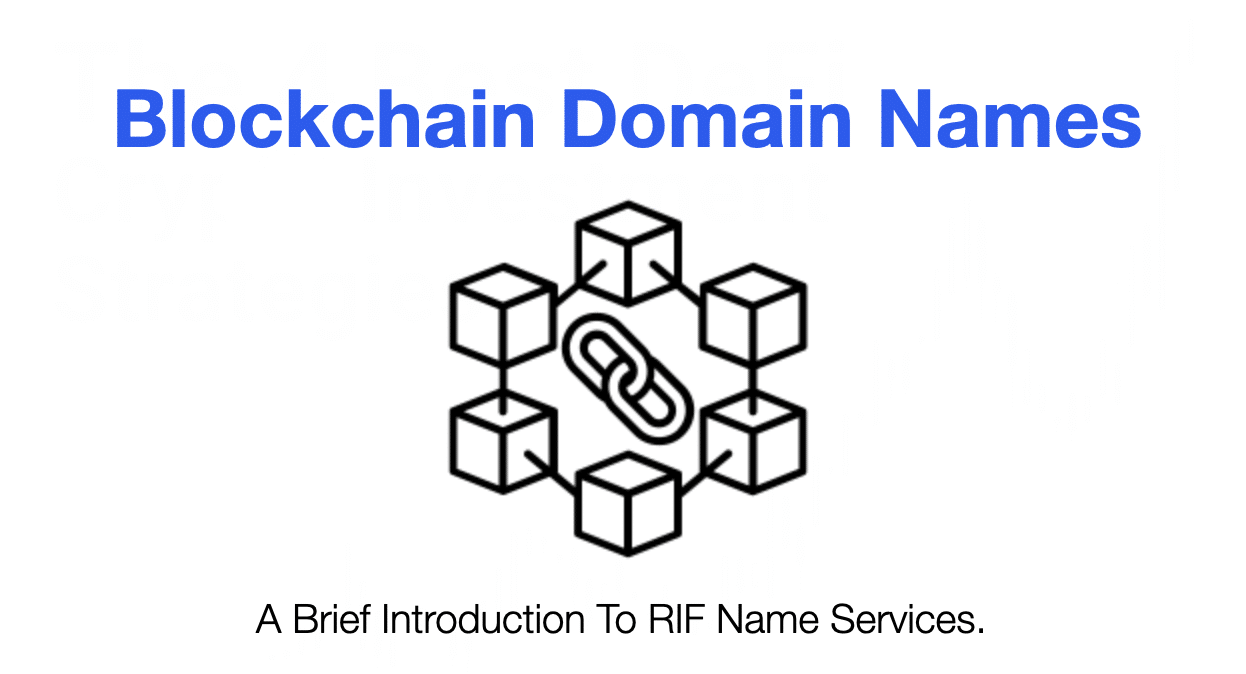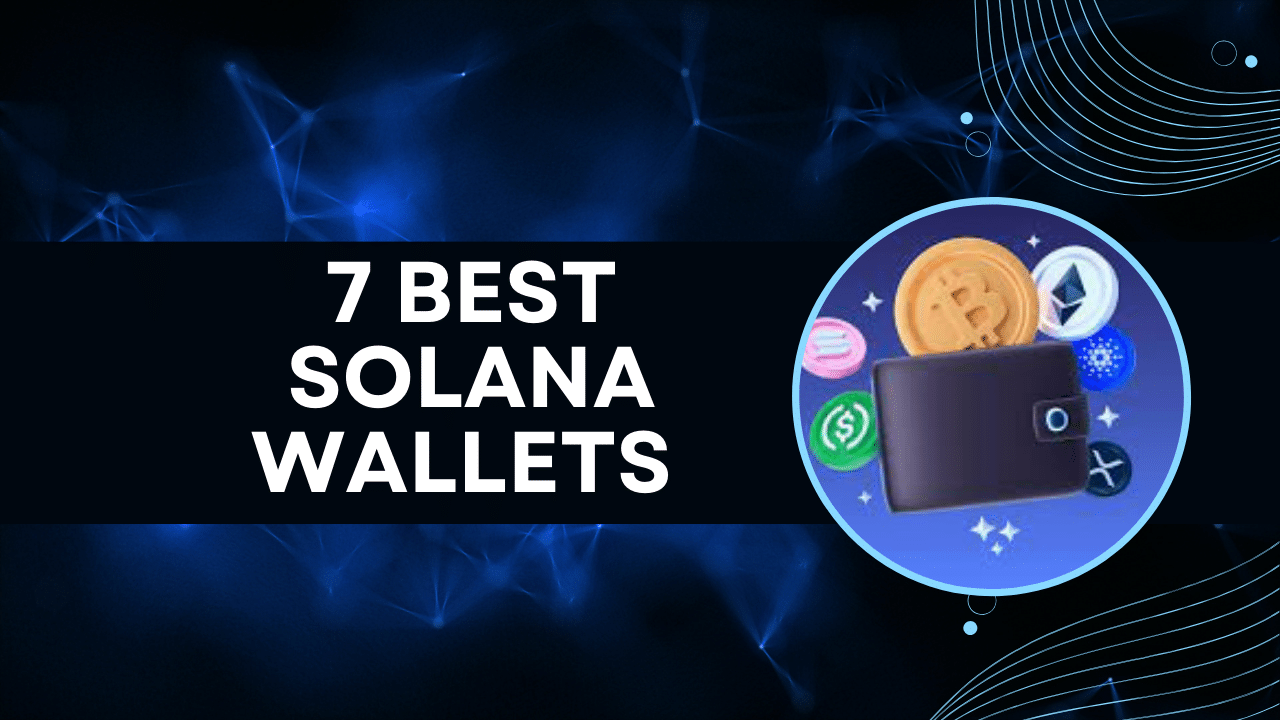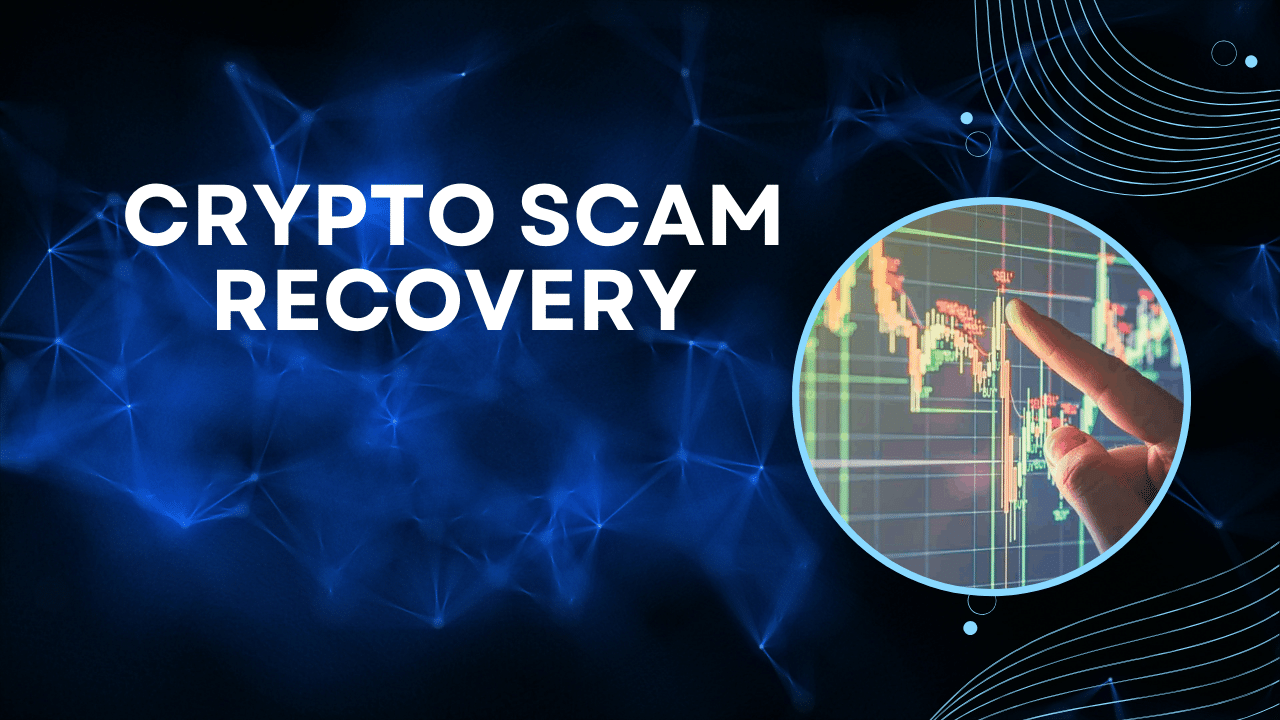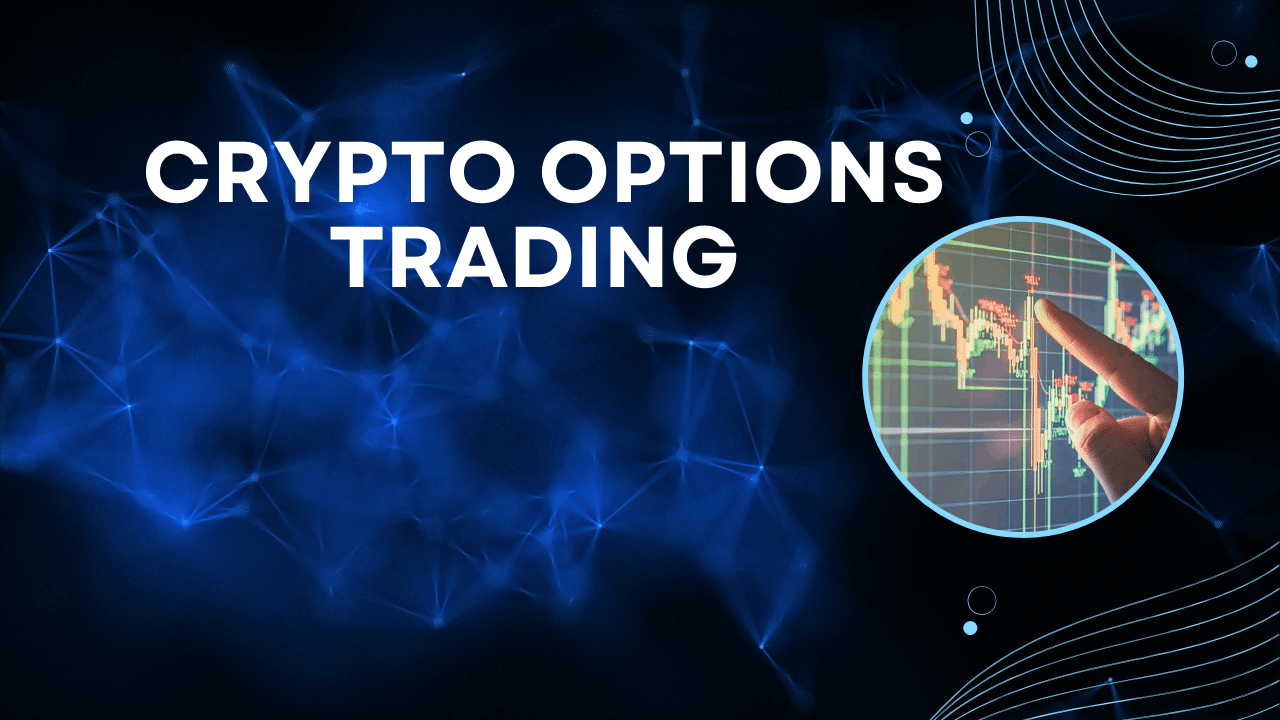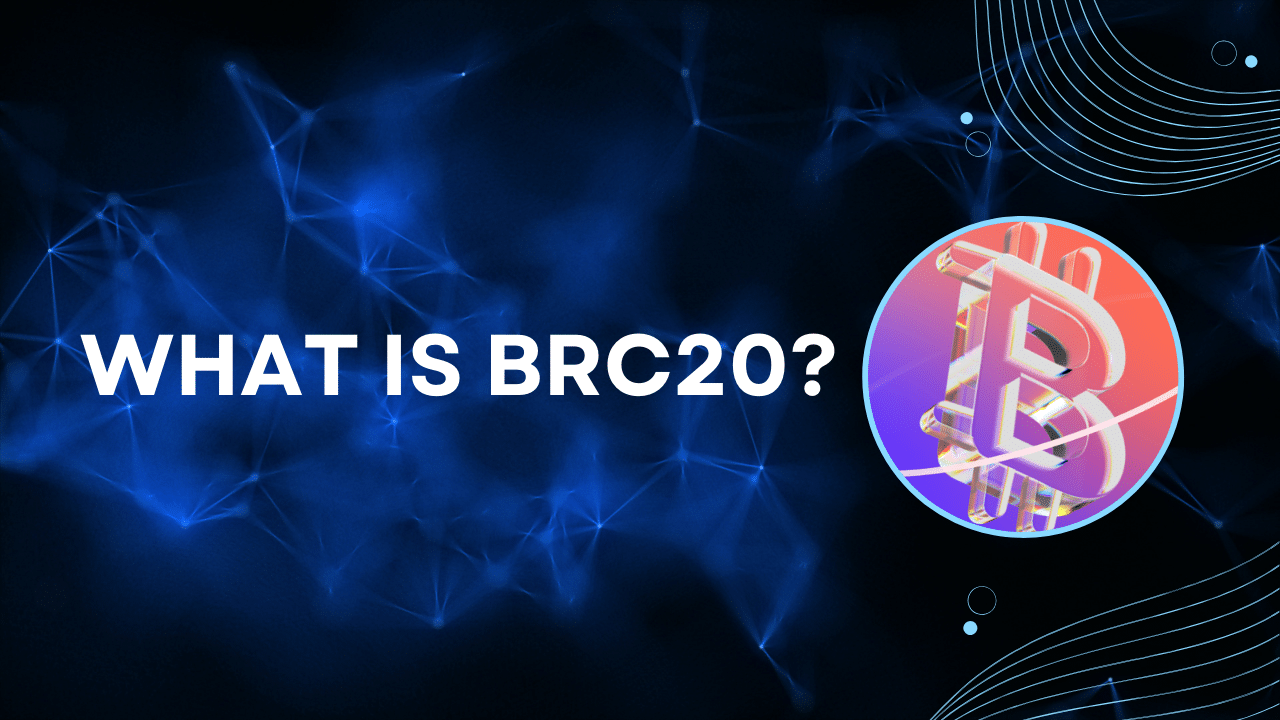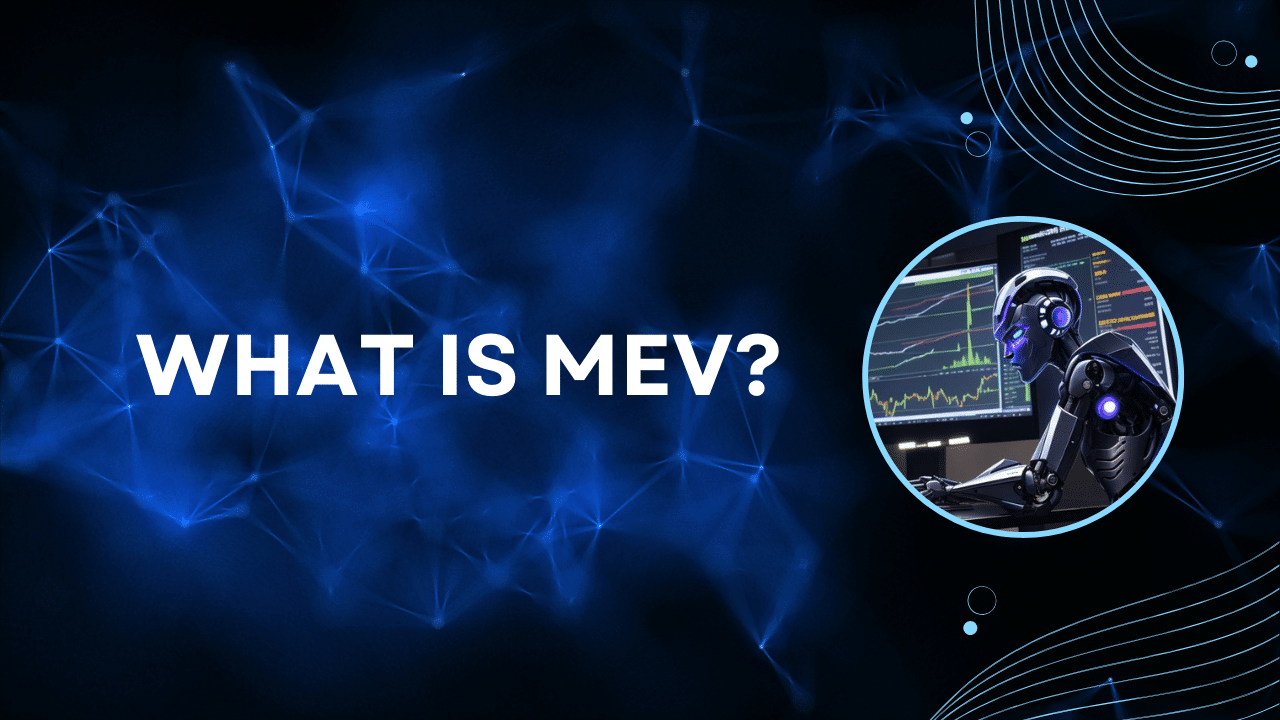Contents
|
|
Contents
Introduction
What is a Domain Name System (DNS)? It is a naming system for computers, services, and other resources that are connected to the internet; It provides a naming method that can be used in different networks, administrative organizations, and the internet.
To use a more straightforward example, what can you remember? The IP address of a website? Or the name of a website? Would you remember Amazon.com? Or any backup IP address that the website may be using? DNS makes the internet easier to use.
Blockchain domains have the potential to change the way we look at domains and the internet. Blockchain domains add a new layer of functionality, transparency, and security.
A Quick Blockchain Overview
Let’s quickly glance over what a blockchain is. Blockchain is essentially a public ledger that records transactions and other information that is impossible to change or hack. The blockchain duplicates and distributes the data across a network of computers on the blockchain.
Blocks on the chain contain transactions, and when a new transaction takes place, it is recorded and added to the block. The decentralized database is known as Distributed Ledger Technology (DLT).
What Are NFTs?
There are two types of tokens: fungible tokens and non-fungible tokens. Cryptocurrencies such as bitcoin and Ethereum are fungible tokens. There is no difference between two bitcoins as they are completely identical. You can also exchange one bitcoin for another bitcoin, making fungible tokens interchangeable.
Non-fungible tokens are the complete opposite. Just like cryptocurrencies, they are tokens that reside on a specific blockchain. The critical difference is that NFTs are unique, meaning no two NFTs are alike. They are collectibles of the digital world.
There are several types of NFTs, with most NFTs in the gaming and digital art space.
What Are Blockchain Domain NFTs?
Blockchain-based NFTs have seen significant growth in interest from consumers and investors alike. These NFTs combine the trading of NFTs with domain names built on the blockchain. These domain names are customizable. Simply put, blockchain domains are indeed multi-functional NFTs.
Individuals can approach several companies to purchase blockchain domains and entire blockchain namespaces. Domain namespaces allow users to rent or sell individual NFTs.
Let’s take an example. An individual who owns the domain “.internet” on a blockchain or several blockchains can sell or rent out individual “name.internet” domains. Selling or renting out domain names is a new space for early investors, and several big names have already gotten in on the act. Mark Cuban is one such early mover.
Mark Cuban has launched a line of collectibles and digital art, all of which are powered by NFTs.
Blockchain Domains: Understanding What They Are.
Okay, now that we have discussed NFTs and blockchain domain NFTs, we need to take a closer look at blockchain domains. But before that, let’s understand how domain names work.
Each and every computer that connects to the internet has an IP address. Each address is unique and allows devices to be recognized when they connect to a network. However, these addresses aren’t exactly easy to remember.
Let’s take an example, Google’s IP address is 172.217.10.14. What is easier to type out in the address bar of your browser? The IP address or simply “Google.com”? That’s all that domain names do; give you an easier way to access a website than typing in the IP address, which you can barely remember.
In order for this to happen, domain names have to be registered in something known as the Domain Name System (DNS). DNS servers are all over the globe and resolve domain names to IP addresses. The users can then connect to the IP address with the help of Internet Service Providers (ISPs).
This brings us to blockchain domain names. These are an interesting use of blockchain protocols, allowing users to control the domains they own using private keys. Blockchain domain names are free from control or oversight of any organization or agency.
Blockchain domain names are permanently stored in a public registry and cannot be modified by third-parties. Blockchain domains can also link to your crypto wallet instead of a website. Having a name for your crypto wallet is much more convenient and easy to remember than your wallet address.
Your RNS Names Are Also NFTs.
People relate NFTs to game items, digital art, and other collectibles. However, there is another category that people tend to overlook when it comes to NFTs, RNS names. All .RNS blockchain domains are ERC-721 compliant, which means that they can work in any decentralized app, marketplace or NFT wallet.
Of course, other NFTs like games and digital art collectibles are helpful, but your RNS name is something you can collect and something you can use. They are more than just collectibles but can be described as useful collectibles.
What are the uses of your RNS name? You can use your RNS name to receive any blockchain-based item like NFTs and receive cryptocurrency. You can also use them to look for decentralized websites, store information like profile information, Twitter handle, or email address.
What Are The Advantages Of Your RNS Names Being NFTs?
There are several advantages thanks to your RNS name being an NFT. For starters, they can seamlessly slot into the ever-growing NFT ecosystem. So what is it that you can do with your RNS name NFT?
You can trade your .RNS name in an NFT market. You can view your .RNS name along with the other NFTs that you own. Do you need to use your NFTs as collateral? You can use your .RNS name. You can easily own and transfer .RNS names through Multisigs, Ethereum accounts, DAOs, etc. You can do the same things with your .RNS name that you can do with NFTs.
What Is RIF Name Services?
RIF Name Services (RNS) is a service that allows users to have a readable domain in any blockchain across the crypto space. It is a decentralized service and can be used to identify storage, payment ID, or any communication addresses.
RNS has several stated goals, some of which are
- Providing a namespace that can be used to refer and identify resources.
- Data that is associated with a particular name is tagged to one specific type. All queries can then be limited to the type in question.
- All data is tagged with a class and a type, allowing the parallel use of different types.
RNS consists of two main components. The RNS Registry and the RNS Resolvers.
The RNS registry allows query operations for specific information from a particular set of data. The query specifies which domain name it is interested in looking for and describes the information that it is looking for.
RNS resolvers, on the other hand, are contracts that provide data or information from a particular name upon a client’s request. Resolvers either answer queries or pass them on to other resolvers.
What Is The RIF Marketplace?
The RIF marketplace is your one-stop for decentralized services. It provides users a wide range of decentralized services. Providers can list their services and engage with users and potential clients safely, securely, and efficiently.
The RIF marketplace has two categories. Name services and storage.
How Can You Buy And Sell RNS Domains In The RIF Marketplace?
Users can buy and sell RNS domains through the RIF marketplace. The marketplace allows users to buy/sell domains in an easy and decentralized way and access the RIF marketplace here.
The RIF marketplace enables users to use readable names for blockchain addresses. This allows users to receive transactions to their personalized domains, list the domain or domains they own and set a price for each domain. The team has already integrated several payment methods, and more payment methods will also be added soon.
Individuals who want to buy domains can browse the list of available domains and select the domain that they wish to purchase. The RIF marketplace acts as an escrow, ensuring transparency and security to the parties. This also ensures that the domain is released to a buyer only when the payment is received.
So how do you buy or sell a domain? Pretty simple actually, follow these steps.
Buying And Selling A Domain
- Open RIF Marketplace and click on Name services. This will take you to the RNS Domains Marketplace.
- Search for a Search and Filter panel in the Name Services section. The search and filter panel will let you search for a specific domain based on the name or the price. On the right side, you will see a list of available domains that you can buy. It will also include details like Domain name, Domain owner, price, and Renewal date.
- Select the domain that you want to purchase. Once you have selected the domain, you will be redirected to the “Buy confirmation screen.” Here, you can review the order and buy the domain.
- Confirm the transaction through your wallet. You will have to wait until the requisite number of confirmations are received. Once the domain is purchased, a confirmation message will be displayed.
Once you have purchased the domain, you can log in to the RNS manager to manage and set up your domain.
If you own a domain and want to sell it, you have to follow the following steps.
- Open the RIF Marketplace and click on Name Services. This will get you to the RNS Domains Marketplace.
- Once there, click on the “Sell” tab. Once you click sell, you will be redirected to a list of domains that you own that you can sell.
- Select the domain or domains that you wish to sell. Once you click on select, you will be redirected to the confirmation page. Once there, you have to specify the price that you want to list the domain at. Once you have set the price, you can list the domain.
- You will now have to confirm two transactions on your wallet. The first transaction approves the domain transfer. The second transaction is the actual placement transaction.
- Wait until you receive all the confirmations. Once the transaction is complete, you will get a confirmation message.
Once the domain is listed, you can view the domain through “view domain listings.”
So now, what if you want to cancel a domain? Follow these steps.
- Go to the RIF Marketplace, Click on Name Services and go to the RNS Domains Marketplace.
- Click on the “Sell” tab again; this will let you view the domains that you own that you can sell. On the left-hand side of the page, you will see three options. Please select “Your Offers.”
- You can now select which domain you want to remove. Click on “X” to remove the domain. You will then be redirected to the “confirm cancellation” page. Click on “cancel domain.”
- You will now have to confirm two transactions from your wallet. The first transaction is for the disapproval of the domain transfer. The second transaction is the un-placement transaction.
- Wait for the required confirmations. Once the domain is removed, you will receive a confirmation message.
Conclusion
Naming services have become critical for the growth of the blockchain and NFT ecosystem. RNS name services are a beneficial service that is easy to use and helps create awareness about blockchain domain name systems. There are other naming services like ENS. However, RNS has a significant advantage over it, thanks to its multichain blockchain functionality.
—————————————————————————-
This is a sponsored post. Learn how to reach our audience here.
This article is not a direct offer, recommendation, or endorsement of any products, services, or companies mentioned. Blockgeeks.com does not provide investment, tax, legal, or accounting advice. Crypto is risky, do your own research, invest safe.
